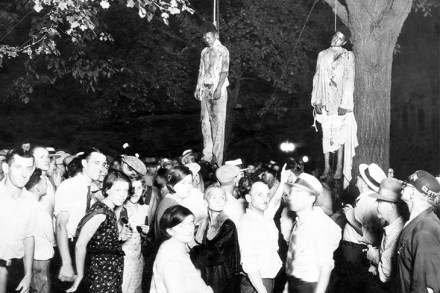On the way to a lynching
Southern trees bear a strange fruit in Laird Hunt’s seventh novel, a dark historical fiction filled with dreams and visions that has one very disconcerting trick of style to play on the reader. The setting is Indiana in 1930, where a white woman called Ottie Lee Henshaw is on the way to a lynching in the town of Marvel with her lecherous boss Bud and her redneck husband Dale. They stop to feed Dale’s pig; they stop at a church supper and a Quaker prayer meeting; they stop at a backwoods still; they stop to forcibly relieve a black family of their buggy. They meet a Klansman, an elderly acrobat




















